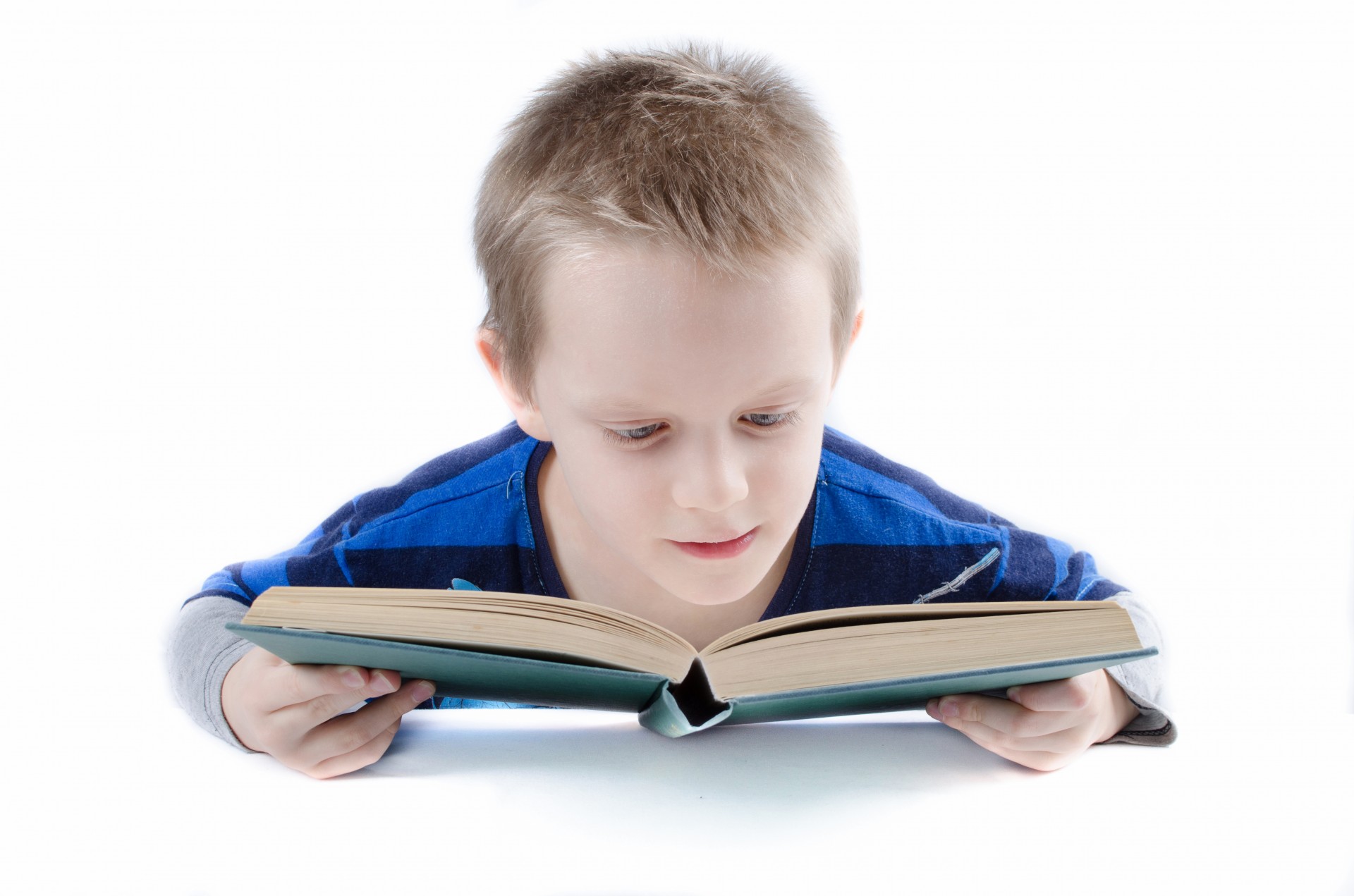The Bahá’í teachings emphasize the profound interconnectedness of humanity and the imperative need for healing the world. In the realm of spiritual and moral discourse, the call to action is as loud as ever. The concept of “Reading Reality” posits that we must engage deeply with our surroundings, perceiving not just the physical manifestations, but the underlying truths that bind us to one another. To understand this journey requires an examination of various dimensions of life as envisaged through the Bahá’í lens, encapsulating the socio-economic, spiritual, and environmental realms.
One of the potent pillars of Bahá’í thought is the promotion of unity amidst diversity. The intricate tapestry that comprises our global community necessitates an acknowledgment of varied experiences and backgrounds. This diversity should not be viewed through a lens of division but rather as a rich reservoir of perspectives that can enhance our collective understanding. Engaging with different cultures, traditions, and beliefs fosters empathy and compassion—two essential catalysts for healing in our world.
Moreover, the essence of healing is in the recognition of our shared humanity. Bahá’í teachings advocate that every individual is endowed with the capacity for change and growth. This intrinsic potential must be nurtured through education, which is viewed as a fundamental right. The Bahá’í faith posits that education is not merely about the acquisition of knowledge, but rather a transformative process that empowers individuals to contribute positively to society. Thus, by prioritizing access to educational resources, we facilitate a collective movement towards healing.
Furthermore, Bahá’u’lláh, the founder of the Bahá’í faith, elucidates the concept of justice as a vital component in the effort to rectify the world’s ailments. Justice encompasses not only legal equity but also social and economic fairness. The deconstruction of oppressive systems and the unification of social standards must be pursued vehemently. The Bahá’í community actively advocates for policies that eradicate poverty, eliminate discrimination, and address disparities in wealth. An equitable society fosters an environment where individuals can flourish, health can be restored, and communities can thrive.
Amidst these tenets, the acknowledgment of the environment plays an indispensable role in the discussion of healing the world. The Bahá’í teachings endorse a harmonious relationship with nature, recognizing that humanity is an integral part of the ecological system rather than a dominator over it. This principle calls for responsible stewardship of the planet, encouraging practices that promote sustainability. A holistic understanding of environmental issues, such as climate change and resource depletion, is crucial. Individuals and communities must be motivated to act—with urgency and sincerity—in addressing these existential challenges.
The crux of “Reading Reality” also involves a spiritual dimension that pervades all aspects of life. The Bahá’í perspective asserts that spirituality should not be relegated to the private sphere; it must influence our interactions and obligations towards each other and the world at large. Meditating on spiritual principles can guide individuals towards a path of altruism and service. Such practices foster a sense of community, urging individuals to transcend their self-interests in favor of collective well-being.
In the sphere of interpersonal relationships, Bahá’í teachings illuminate the significance of consultation. This democratic principle encourages open dialogue, where diverse opinions are valued and synthesized towards a common goal. In essence, consultation is rooted in respectful engagement, fostering a culture of peace and mutual understanding. The practice of consultation can be a powerful tool in mitigating conflicts, offering pathways toward reconciliation, and encouraging collaborative solutions to societal challenges.
Moreover, the teachings underscore the urgency of an international framework for peace, wherein global governance structures are reimagined to foster cooperation rather than competition. The Bahá’í vision for a unified global society advocates for institutions that transcend national boundaries, promoting the idea of collective security. Such a reorientation of global priorities is fundamental for healing the world and ensuring the sustainability of future generations.
As individuals engage with these teachings, a transformative journey begins—a journey of self-discovery that radiates outward. This journey is characterized by a commitment to service, where acts of kindness ripple through communities, generating a collective momentum towards healing. The Bahá’í teachings assert that each act of service, no matter how small, contributes to the larger narrative of healing our fractured world.
In conclusion, the Bahá’í teachings illuminate a multifaceted approach towards understanding and addressing the complexities of our contemporary world. The imperative to “Read Reality” extends beyond mere observation; it calls for introspection, empathy, and action. By embracing unity, justice, education, environmental stewardship, and consultation, individuals can engage meaningfully in the transformative process of healing. As we navigate through the trials of existence, these principles serve as beacons, guiding us towards a world where peace and harmony prevail. The necessity for healing has never been more pronounced, and it is through the collective endeavors of a united humanity that we can forge a path towards a brighter future for all.
